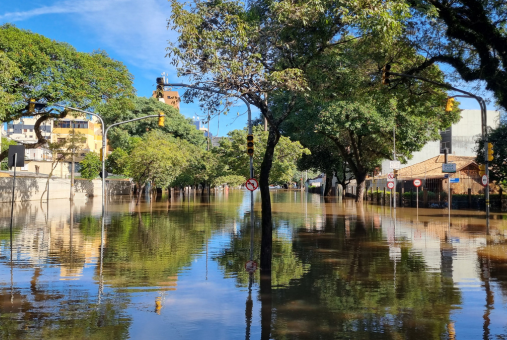
Rio Grande do Sul, a state in southern Brazil, is facing its biggest climate disaster, with floods that displaced more than 580,000 people and left 172 dead. Local journalists, many also affected, are dedicated to this unprecedented story. LJR consulted journalists from digital media outlets Matinal, Sul21 and Nonada, who spoke about their experiences and the sense of community among journalists that grew stronger amid chaos in the state.
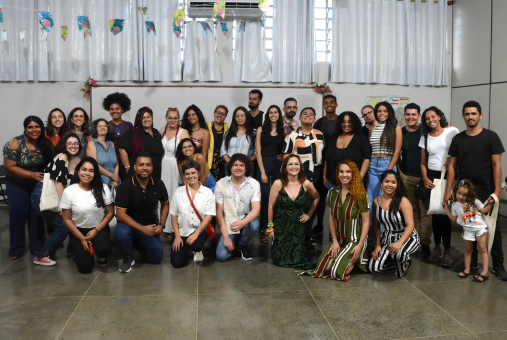
Ten local journalism organizations in Brazil’s five regions are participating in the Caravana project, run by the Brazilian Association of Investigative Journalism (Abraji). Local communities have been prominent in this process, which helps to establish a local sustainability network. LJR spoke with Coreto (Bahia) and Fala Roça (Rio de Janeiro) about participating in the project.
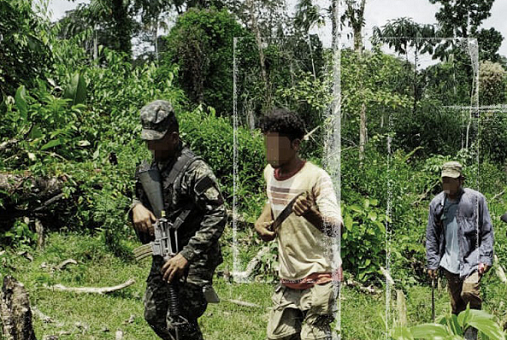
In an almost untouched coastal jungle region in Honduras, packages of cocaine are thrown into the sea by ships that evade inspection. This real drama is reported in the series “Moskitia: The Honduran Jungle Drowning in Cocaine,” winner of the Ortega y Gasset award.

Newspaper Correio do Povo, based in Porto Alegre, Brazil, has covered Rio Grande do Sul for almost 130 years. The floods that devastated the state in the first week of May took over the newspaper's headquarters and the homes of its journalists. The publication and its staff are trying to maintain their commitment to journalism and inform their audience at the most critical moment in their history.
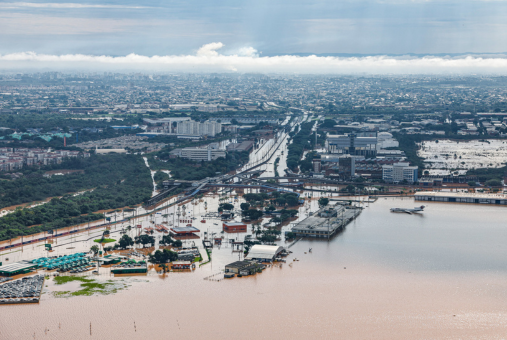
Between May 2 and 4, more than 2,500 people met in Santiago, Chile, for UNESCO’s 31st World Press Freedom Day Conference, with the theme “A Press for the Planet: Journalism in the face of the Environmental Crisis.” The event addressed challenges such as climate misinformation, threats to press freedom and the dangers faced by journalists, especially women, in doing this kind of reporting.
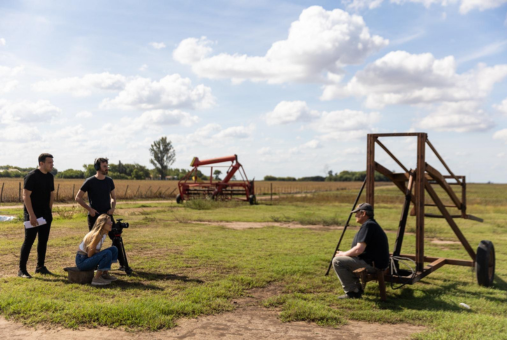
To show the impact of an historic drought on the agricultural industry, a team of journalists from La Nación spoke with more than nine rural producers. They also spoke with specialists to learn about the tons of cereals that were lost, as well as how much money never entered the market.
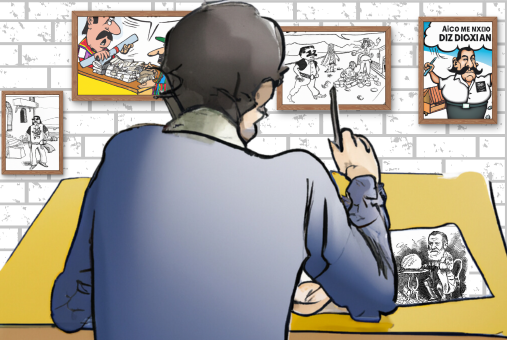
Mexican cartoonists use humor and satire to mock narco culture and organized crime in Mexico through comic strips and political cartoons, while making visible the tragedy and surrealism of drug trafficking and criticizing the inefficiency of authorities to combat it.
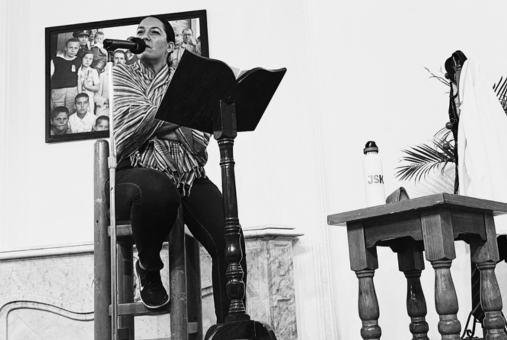
During a fellowship at Stanford University, Mexican Luisa Ortiz interviewed a hundred journalists from around the world to find out how they relate to their work and what mental wounds they have. She then created Human Condition, a play that seeks to create healthier conditions for journalistic practice.
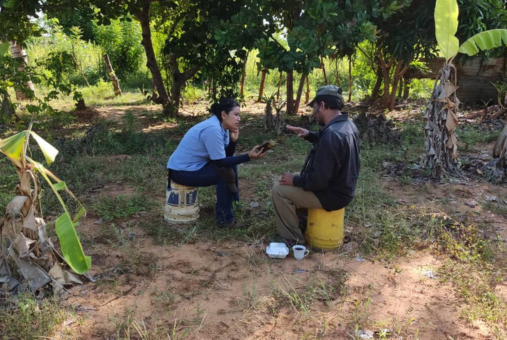
Independent Venezuelan media outlets Efecto Cocuyo and Crónica Uno gave life to Mirador Electoral, a journalistic project that seeks to be a space for discussion on politics and elections before citizens vote on the next president. The initiative is made of TikTok videos, interviews on YouTube and a series of articles.
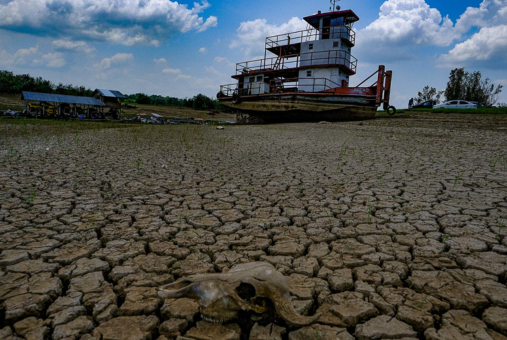
The world is experiencing a climate emergency and Latin America has recently seen extreme weather events like droughts, torrential rains and heat waves. Journalists from the region discuss challenges and solutions for communicating about the climate crisis while covering elections in 2024.

Independent media outlet El Surti of Paraguay has dedicated a significant part of its coverage in recent years to climate change. In the team’s most recent report, they carry out an experiment with delivery workers in Greater Asunción to reveal risks they face due to the increase in temperatures aggravated by the climate crisis.
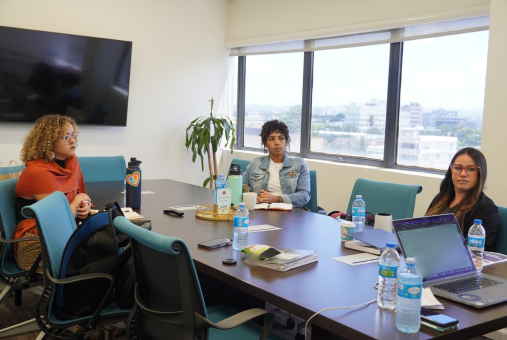
For a long time, narratives in news about Puerto Rico have centered on politics, the economy and natural disasters, according to María Arce, editorial coach from Global Press Journal. Reporters from the magazine’s Puerto Rico bureau are working to change that.